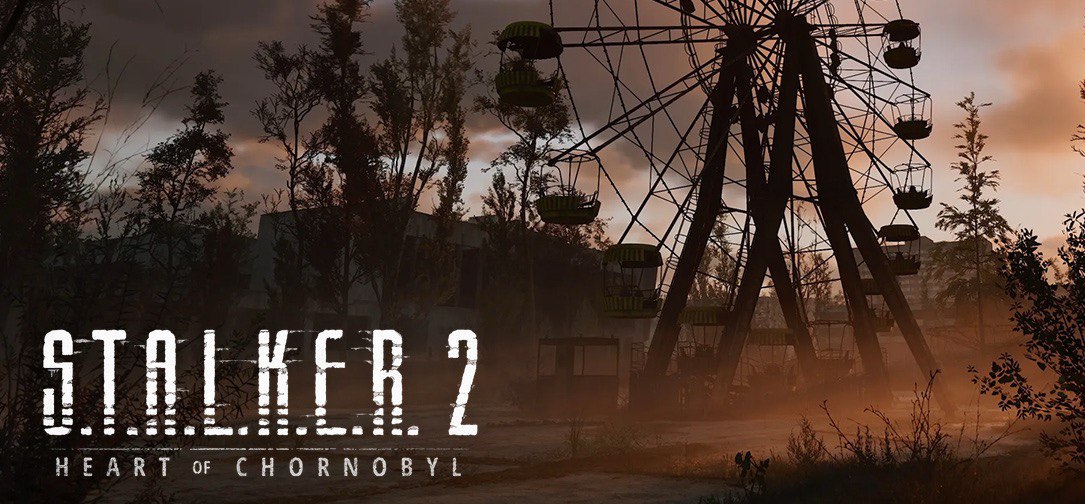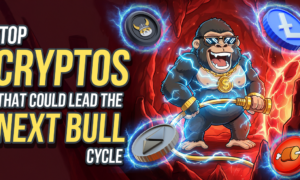When S.T.A.L.K.E.R. 2: Heart of Chornobyl lands on PlayStation 5 on 20 November 2025, it’s more than a new SKU on a new storefront. It’s the moment a distinctly Ukrainian story steps onto the biggest console stage—with the word Chornobyl written the Ukrainian way, full DualSense support, and PS5 Pro enhancements—inviting tens of millions of players to experience Ukraine’s voice through culture, not just breaking news. Pre-orders are live in the PlayStation Store, which lists the date, controller features and Pro optimization—small details that together signal a mainstream, premium release.
That matters because of where this game was made and how it survived. GSC Game World built and shipped STALKER 2 under air-raid sirens, blackouts and relocations, splitting the team between Kyiv and a re-established office in Prague. The studio’s war-time production has been reported in depth by outlets from Wired to The Guardian, and later setbacks (including a fire in Prague) didn’t stop the team from finishing, patching and expanding the game. In other words: this isn’t just an entertainment product—it’s proof of continuity for a creative industry under attack.
It also matters because the market is listening. STALKER 2 sold 1 million copies in two days after its initial launch on PC/Xbox—despite being on Game Pass—showing strong underlying demand for the IP. For PlayStation, that means a genuine second sales cycle rather than a courtesy port. For Ukraine, it means export revenue, tax receipts and a talent signal that outlives any news cycle.
Crucially, the business case is already there. GSC’s owner Maksym Krippa has said the game recouped and turned a profit, with at least two expansions and multiplayer in the pipeline—a content plan, not a one-off victory lap. This is exactly what investors and policymakers like to see: an IP with long tail monetisation, not a single spike.
There’s a cultural diplomacy angle Europeans will recognise from Poland’s Witcher moment. By choosing Chornobyl over the Russified spelling and by declining to support Russian localisation, GSC turned a blockbuster into soft power: a globally distributed story told in a Ukrainian register. That choice has been documented across mainstream coverage and in GSC’s own behind-the-scenes documentary, where the game is framed as a cultural statement as much as a product.
For Europe, the implications are practical. The PS5 release extends the game’s life cycle exactly when the studio is shipping a roadmap of upgrades and content drops; every additional platform user helps amortise those updates and makes future DLC economically safer. The official support hub outlines the quarter-by-quarter plan—another sign this studio is managing live operations to modern standards, even under wartime constraints.
And there is a wider labour story here. Reporting this spring noted that after early-war losses the studio is hiring again, with growth across key functions. In a European labour market worried about brain drain from Ukraine, the ability of a Kyiv-rooted developer to keep—and attract—high-skill jobs is not symbolic; it’s material.
None of this means the game—or its launch—was flawless. STALKER 2 had rough edges at release and still draws debate around patches and physical editions. But on PS5 it arrives not as an apology tour—rather as a confident, feature-complete version for Sony’s ecosystem, with the haptics, triggers and Pro enhancements PlayStation audiences expect. That’s how you meet the market on its own terms.
In the end, the victory isn’t that a Ukrainian title appears on a different box. It’s that a Ukrainian creative institution has become resilient enough to ship, support and scale a world-class IP during a full-scale war—and to do it in a way that pays its bills, funds new content and carries the country’s voice into living rooms across Europe and beyond. STALKER 2 on PS5 is entertainment, yes. It’s also continuity, credibility and cultural presence—the kind that free societies should notice and, where possible, support.



































